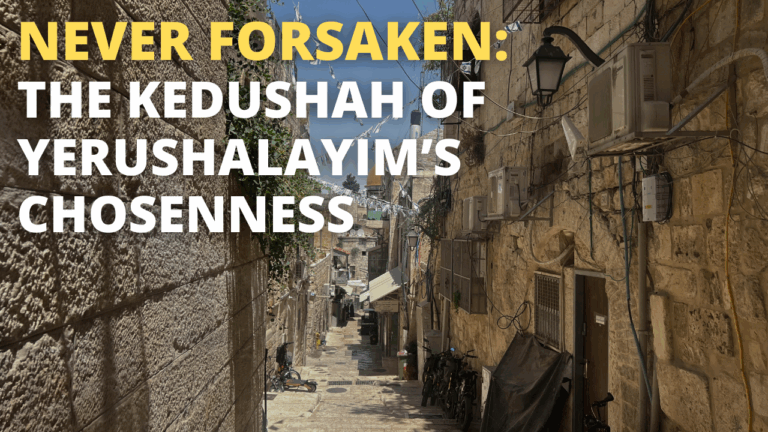As If Another: The Nazir and the Art of Balanced Holiness
As the nazir’s vow of abstinence comes to a close, he or she is obligated to bring three korbanot to Jerusalem to complete the nezirut process. “This is the law of the Nazirite, on the day his period of neziruit is completed, he shall present himself at the entrance to the Tent of Meeting (Bamidbar 6:13).”
When describing the nazir approaching the entrance to the Beit HaMikdash, the Torah uses a peculiar formulation: יביא אותו, literally translated as “he shall bring him.” Noting that no other member of Klal Yisrael is responsible for enforcing the nazir’s arrival, the Sifrei (32) explains that this language is not literal. Rather, the nazir brings himself to Jerusalem and bring his Korban Olah, Chatat, and Shelamim.
Rav Meir Simcha m’Dvinsk, in his masterful Meshech Chochmah, asks a simple yet penetrating question. If the Torah intended to command the nazir to come of his own accord, why use the strange, counter-intuitive language of יביא אותו? Simply say יבא, he should come!
Rav Meir Simcha explains that the Torah is capturing the essence of the nazir’s spiritual journey. The Torah does not desire that we abstain from the physical pleasures of this world. In fact, a nazir who voluntarily imposes restrictions on wine and contact with impurity is considered to have committed a slight sin (see Rambam, Shemona Perakim 4, and Tosafot to Nazir 2b s.v. vamai). Hashem desires that we engage the physical world in a healthy and balanced way, thereby dedicating physical pursuits to His service.
The Rambam emphasizes that a servant of Hashem must strive for the Golden Mean, the perfect balance which allows one to properly utilize all character traits and physical enjoyments in this world.
However, when a person finds himself slipping, with physicality beginning to distort his balance, nezirut is a worthy radical step to help restore his equilibrium. A vow of abstinence aids a person in reclaiming ownership over his physical pursuits. After experiencing the sacred restraint of nezirut for the appropriate amount of time, the nazir has now achieved a refined sense of control over his desires. His self-control becomes so refined that he can assess himself with the same impartiality he would use to judge another. It is precisely this transformation that the Torah hints at with the unusual phrase יביא אותו. He brings himself to Jerusalem as if bringing another. No longer blinded by desire or impulse, he stands before Hashem with the objectivity of a third party looking in. Now, he is ready to bring his korban Shelamim, shed his unshorn hair, and reclaim his engagement with physicality for the sake of Hashem.
But where does this internal transformation find its final expression? In Jerusalem.
It is no coincidence that the nazir’s final journey ends in the sacred ctiy, eating the holy meat of the Shelamim within her walls. Jerusalem is uniquely sanctified; one can consume Kodshim Kalim within the city, yet it remains a place of vibrant, mundane life. Jerusalem sanctifies the mundane, uplifts that which seems ordinary.
The bodily enjoyment of eating the Shelamim is a perfect way to express the nazir’s newfound ability to uplift that which is physical.
As we noted previously, many Rishonim assume that Jerusalem’s kedusha uniquely extends to even its airspace, unlike the Beit HaMikdash whose sanctity is confined to the ground. Her holy embrace encompasses all activity within her walls. Jerusalem’s holiness relates to the spiritual accounting of he who wishes to sanctify himself with the Golden Mean, piously engaging with unconsecrated matters in a way that sanctifies God’s name.
What better place for the nazir to conclude his sacred effort to reclaim balance than the city that teaches us how to live in the world for the sake of Heaven?
Download/Print



